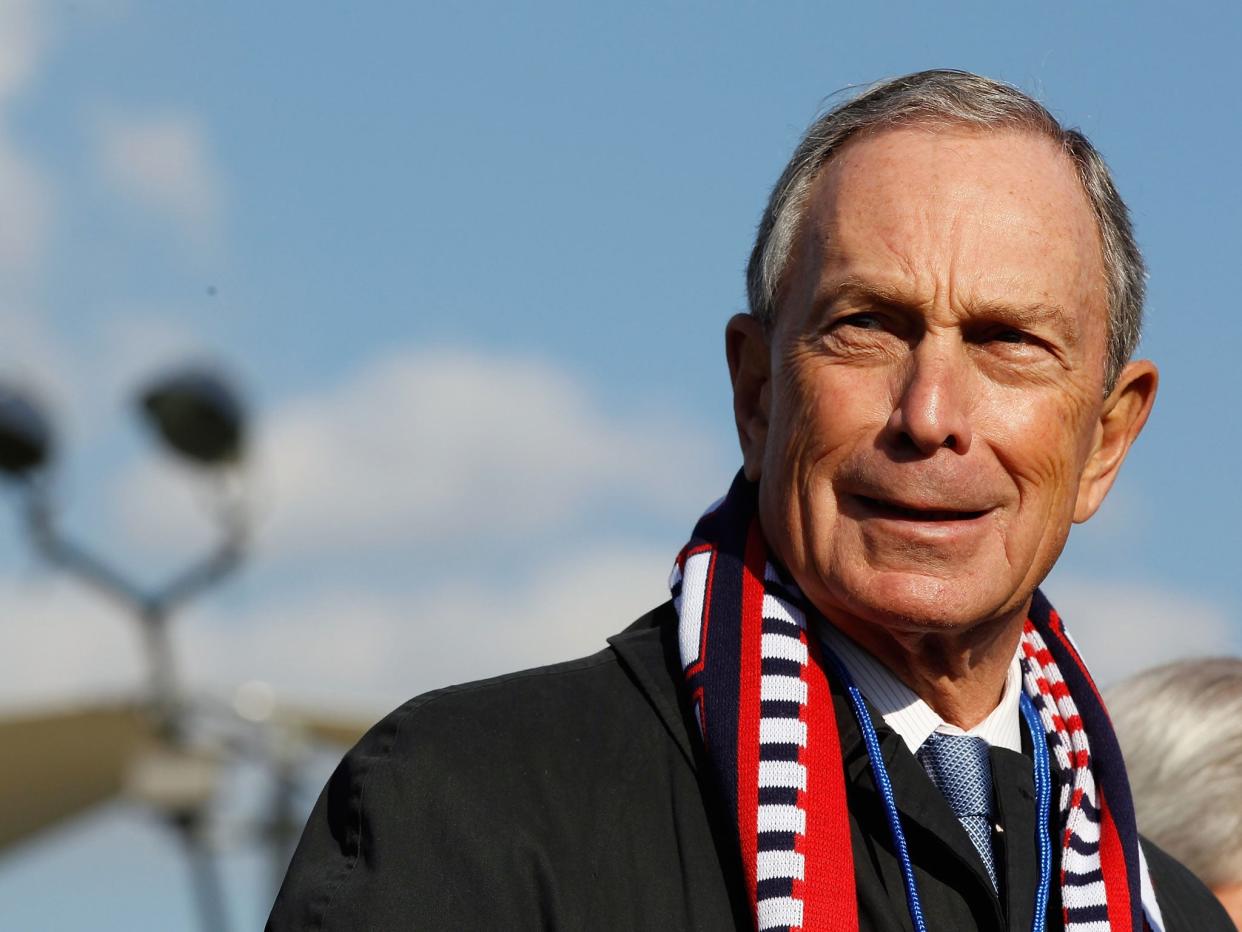Before you praise Mike Bloomberg’s latest donation, let me tell you what it was really like inside his campaign

This week it was announced that Mike Bloomberg donated $16 million to restore voting rights to over 30,000 felons in Florida. Florida deserves credit for changing this archaic and unacceptable law, as does Bloomberg for putting his money where his mouth is — a decade too late for some.
But let’s talk about money.
In the months preceding Super Tuesday earlier this year, Bloomberg built an army of nearly 2,000 campaign organizers across the country, including me. He pulled talented staff away from other candidates, other jobs, their education, their careers, and even sometimes their families. But the offers made by the Bloomberg campaign were so enticing, it was impossible for most to turn down. For hundreds of organizers, the job meant we could pay down student loans, medical debts, and help their parents with overdue bills. Many could finally think about owning their own car or house, all because of a promise that was made to us repeatedly: We would have employment through November, no matter the winning presidential candidate.
Now, every time news breaks of a new Bloomberg donation, I see a running tally in my head of what campaign staffers collectively lost: $60 million in wages, healthcare coverage at the onset of a pandemic, unemployment eight months earlier than promised, classist tactics to pull organizing weight from other campaigns, an actual coup of the Democratic Party.
When it became clear that there was no path to victory, Mike Bloomberg and the other top candidates — Pete Buttigieg, Elizabeth Warren, and Amy Klobuchar — all dropped out of the presidential race within 48 hours of the Super Tuesday Primary, functionally guaranteeing a Biden candidacy.
I sat down at my kitchen table, opened my laptop and dialed in to the team call, expecting to get news on next steps, receive new assignments, get transferred to a battleground state — really, expecting anything other than what we were told.
It started innocuously enough, thank yous and congratulations all around, a special commendation to Colorado for outperforming the rest of the states. Then came the news: “The campaign will not be continuing with the independent expenditure as planned, and is instead donating $18 million to the DNC to directly fund organizing in battleground states, of which you all have the option to have your resumé entered into the candidate pool for consideration. All of your devices will be wiped by the end of the day.”
My first thought was: What if Covid is a bigger deal that it’s being made out to be? Most of us just got healthcare for the first time.
I immediately contacted everyone on the campaign I knew to do what we do: organize.
Within hours of that call, there were two class action lawsuits brought against the campaign with over 500 former staff members on board and organizing together. Mike Bloomberg built the infrastructure to organize on an unprecedented scale and abandoned it. We decided to use it.
My proudest moment on the campaign was when we were able to use this nation-wide organizing infrastructure to apply pressure to the campaign and extend healthcare coverage through November for all former staff members. Getting healthcare for approximately 2,000 people was only the beginning.
Whether we have billionaire funding or not, we are committed to fighting for justice, and we applaud the recent move by Bloomberg to restore voting rights to felons. We also call on him to help fund our efforts to protect voting rights nation-wide, to amplify historically silenced voices, and to fight for and with the American working class to bring equitable justice and equality to all persons within our borders.
We built the Community Activist Network to continue the fight on a local level, in every corner of the nation, to ensure the people's voices are heard. This fight does not end in November; this fight does not end with an election. This fight continues ad infinitum.
Matthew Jeweler is the former regional organizing director, Colorado digital director and deputy data director for the Bloomberg presidential campaign

 Yahoo News
Yahoo News 
